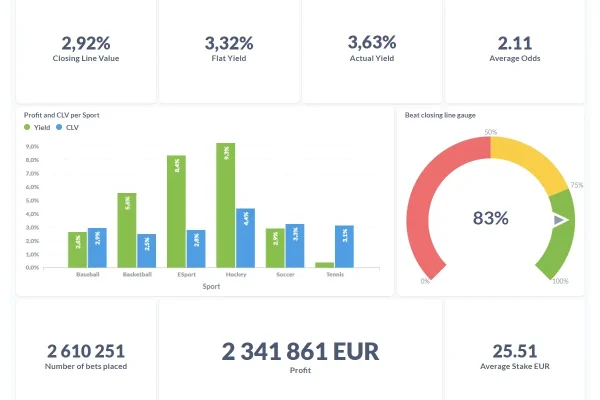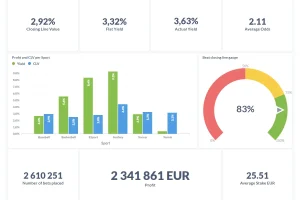In this article, we will discuss the impact that online and land-based gambling has on problem gambling. It will also cover the use of video lottery terminals and outreach advertisements. These topics have been explored because they affect the frequency of gambling and the severity of problem gambling.
Online vs. land-based
Online vs land-based problem gambling is a subject of interest to researchers, policy makers, and gamblers alike. Understanding the differences in the rates, types, and consequences of gambling problems can help inform public health, consumer protection, and treatment strategies.
Some studies have found that online gambling is associated with a higher incidence of gambling problems than land-based forms. For instance, Woods et al. found the highest effect size among the studies that compared land-based and online gambling. In addition, Kairouz et al. found the most significant difference in the incidence of problem gambling, though this did not account for the effect size of the other variables.
Correlations between gambling activity frequency and problem gambling severity
A recent study examined the relationship between gambling activity frequency and problem gambling severity. This cross-sectional study examined a sample of past-month Internet gamblers. The study measured self-reported gambling participation, problem gambling severity and health risk behaviours. It was conducted in accordance with the 1964 Helsinki declaration and later amendments.
Problem gambling problem severity was evaluated using the Problem Gambling Severity Index (PGSI), a nine-item self-report instrument. These items are used to assess awareness of gambling problems, feelings of guilt, financial difficulties, physical and emotional instability, and problems controlling gambling.
Gambling activity frequency was also explored as an independent variable. Multiple regressions were conducted to explore the relationship between gambling activity frequency and problem gambling problem severity. Results indicated that gambling problem severity is correlated with a range of health risks. For example, moderate/high severity gamblers are more likely to have poor diets, low physical activity, and poor general health than non-problem gamblers. In addition, a significant relationship between gambling problem severity and odds of reporting more than two health risk behaviours was observed.
COVID-19 pandemic affects gambling habits
The COVID-19 pandemic is an ongoing crisis, affecting not only the gambling industry but also the general public. It has caused dramatic increases in online activity and social isolation. In addition, it has led to increased concern about substance use patterns.
Although some studies have been done to evaluate the effects of the pandemic on gambling, the extent of the research is still limited. Only a few preliminary cross-sectional studies have been published in the literature.
To understand the potential impact of the pandemic, researchers at Saint Louis University (SLU) sought to identify the most important gambling and health behaviors that are associated with the onset of the pandemic. They found that online gambling accounted for a significant proportion of the increase in gambling and other mental health problems.
Cognitive distortion
Cognitive distortions play a significant role in the development of problem gambling (PG). In this study, we investigated the relationship between gambling cognitive distortions and decision making.
Gambling cognitive distortions are often grouped into two categories: the gambler’s fallacy and the illusion of control. The former represents a distortion in probability processing that causes the gambler to believe that he or she can control the outcome of a game. Similarly, the illusion of control occurs when the gambler believes that he or she is able to control the outcome of a lottery.
A variety of research has shown that pathological gamblers are likely to be affected by cognitive distortions. Pathological gamblers reported higher levels of cognitive distortions compared to healthy controls.
Video lottery terminals
Video lottery terminals (VLTs) are electronic gaming machines that are typically operated by local lottery or licensed establishments. They are considered one of the most addictive forms of gambling.
VLTs have been nicknamed the “crack cocaine of gambling” because they are so easily abused. In fact, one in ten VLT players is categorized as a problem gambler.
The study aimed to determine the effect of various VLT game features on reducing the risk of problem gambling. Three of the standard game features were studied.
Researchers found that exposure to warning banners on VLT machines reduced time spent playing, problem gambling severity, and informational biases. This research was conducted on a small sample of participants, but future studies could explore the effects of different exposure durations and banners in conjunction with other prevention programs.
Outreach ads
Gambling advertising and promotional efforts can influence gamblers’ perceptions and behaviors. The promotion of gambling inducements has been shown to increase impulsive in-play betting among involved gamblers at higher risk of problem gambling. Among young people, exposure to gambling marketing has been found to be particularly concerning.
However, there has been little investigation into the extent to which gambling marketing via social media has an effect on young people. Studies have tended to focus on the characteristics of gambling and the use of social media.
Using Twitter Application Programming Interface, text analysis of tweets was performed. Researchers found that tweets were more likely to include messages about gambling and gambling advertisements were more frequently remembered by bettors.













